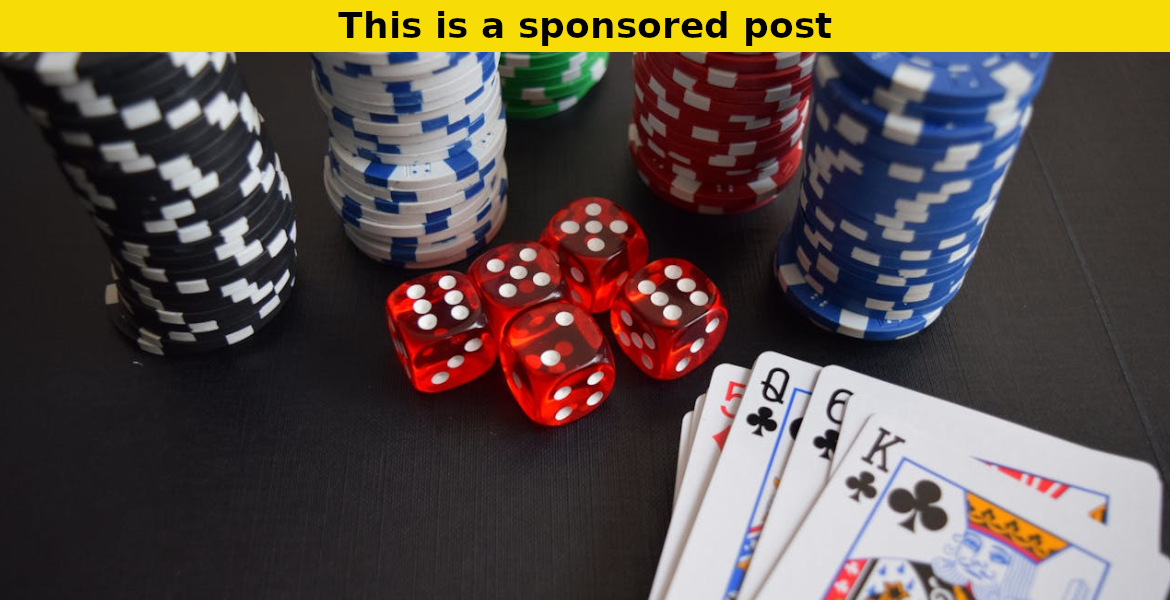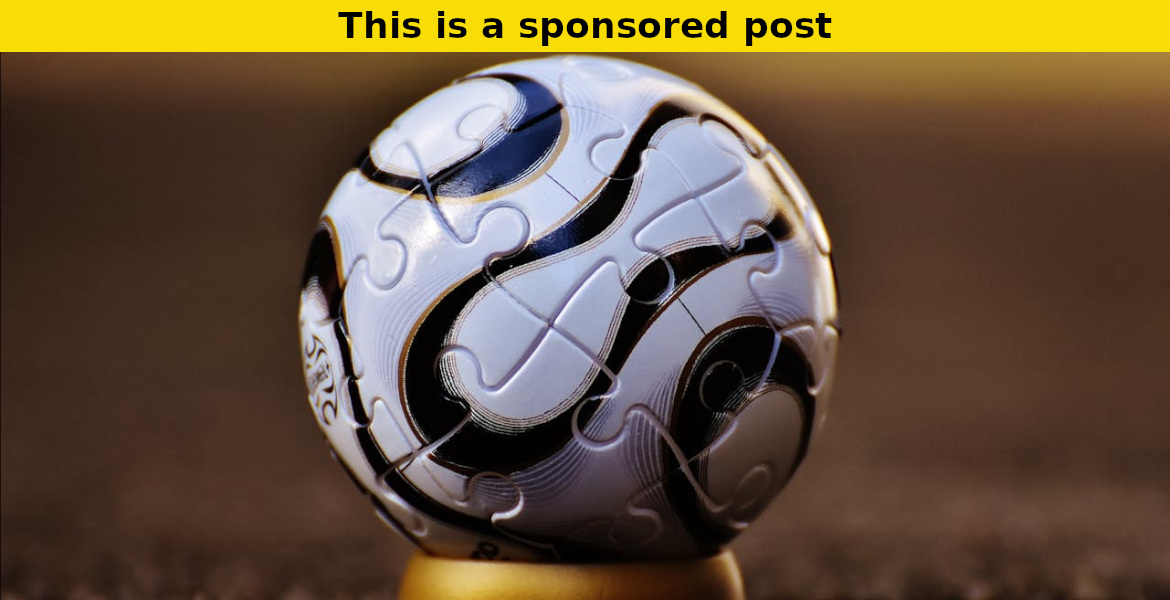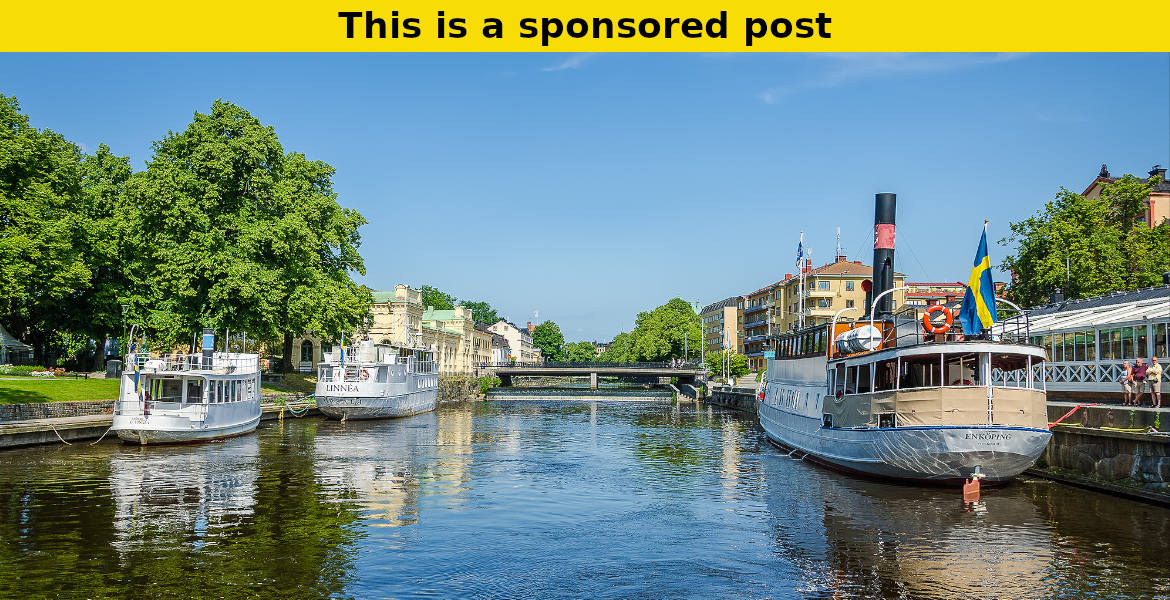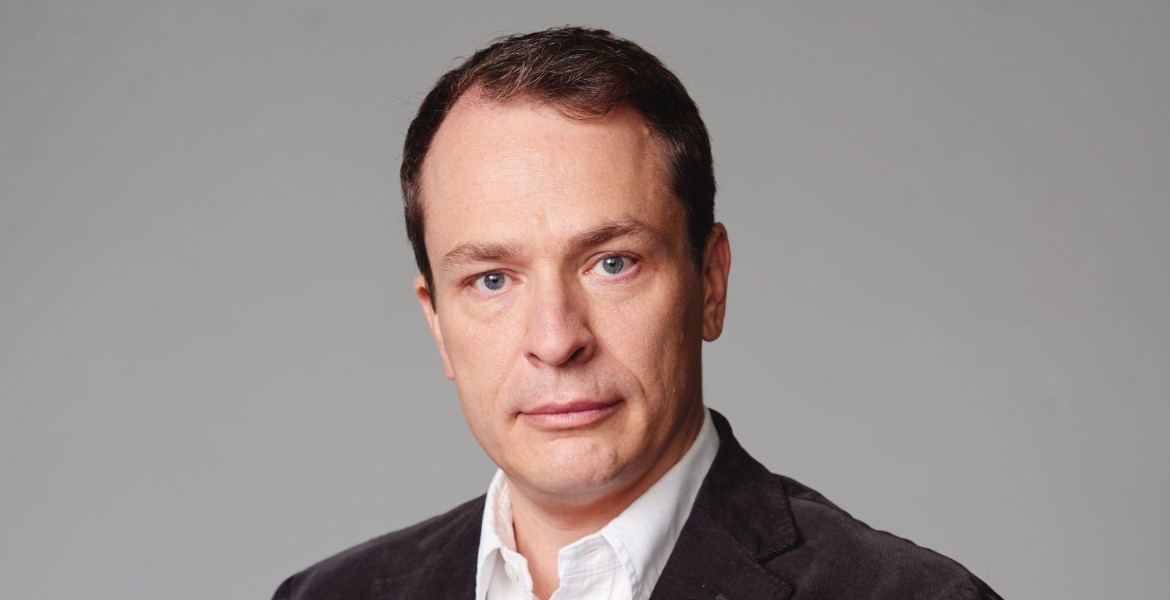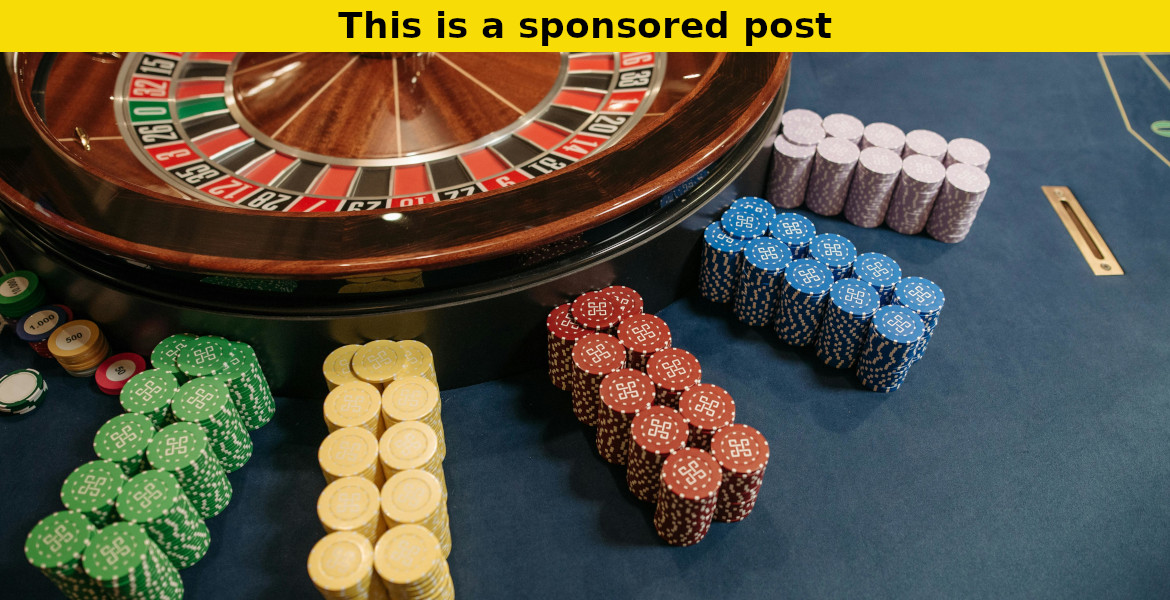The Scandinavian countries—Sweden, Norway, and Denmark—share many cultural and social similarities, yet their approaches to gambling regulation differ significantly. These regulatory differences have a noticeable impact on gambling behavior, consumer protection, and the balance between personal freedom and state control.
At the heart of this divergence lies the question of how much freedom individuals should have when it comes to gambling. Should governments tightly control the industry to prevent harm, or should adults be trusted to make their own decisions in a well-informed environment? The answer varies depending on the country in question.
Sweden: A Shift Towards Liberalization, With Limits
Sweden has taken a hybrid approach in recent years. In 2019, the country restructured its gambling market, moving away from a state monopoly toward a licensing system for private operators. This was a major shift, aimed at better channeling gambling activity into regulated platforms.
However, Sweden also introduced a national self-exclusion program called Spelpaus, which allows individuals to block themselves from all licensed gambling operators. While the system was created to support those struggling with gambling addiction, some critics argue that it can be overly restrictive, especially when it affects casual gamblers who make a personal choice to take a break.
As a result, some Swedish players seek alternatives beyond the regulated space. Sites like casino-utan-spelpaus.net cater to individuals looking for casinos not tied to the Swedish self-exclusion system. These offshore platforms raise questions about the effectiveness of strict regulation: when rules become too limiting, players may simply look elsewhere, often beyond the reach of consumer protection laws.
Norway: A State-Controlled Model
Norway stands as one of the most tightly regulated gambling markets in Europe. The government maintains a state monopoly, with only two authorized operators: Norsk Tipping and Norsk Rikstoto. Foreign gambling sites are officially blocked, and advertising for them is banned.
This strict regulation is designed to limit gambling-related harm and ensure that profits benefit public initiatives. On paper, the system appears effective—problem gambling rates in Norway are relatively low. However, studies indicate that Norwegian gamblers are increasingly turning to unlicensed offshore casinos, accessible via VPNs or alternative URLs.
This trend exposes a core challenge in Norway’s model. While the intention is to protect consumers, too much restriction can inadvertently push users toward riskier, unregulated platforms. It highlights the delicate balance between safeguarding public health and respecting individual autonomy.
Denmark: A Pragmatic, Balanced Approach
Denmark offers perhaps the most balanced regulatory framework among the Scandinavian nations. Since 2012, the country has operated a liberalized market, allowing both domestic and foreign operators to apply for licenses. Danish regulators focus on transparency, fair play, and responsible gambling measures without resorting to outright bans.
This pragmatic model appears to be effective. A high proportion of Danish gamblers use licensed operators, and the incidence of problem gambling remains stable. By allowing personal freedom within a controlled environment, Denmark manages to offer choice while still protecting vulnerable users.
One key to Denmark’s success is its robust regulatory oversight combined with public education campaigns. Rather than relying on strict bans, Danish authorities prioritize informed decision-making and responsible gambling tools that empower the user. In turn, this builds trust in the system and reduces the appeal of unlicensed alternatives.
Finding the Right Balance
Across Scandinavia, the underlying tension is the same: how to regulate gambling in a way that minimizes harm while respecting individual freedom. Each country has chosen a different path. Norway opts for tight control, Sweden experiments with liberalization and centralized tools like Spelpaus, and Denmark emphasizes informed freedom.
The evidence suggests that overly strict regulation can sometimes backfire, pushing users into less safe environments. At the same time, a completely unregulated market can lead to serious social costs. The most sustainable models may be those that allow for personal choice within a framework of transparency, education, and effective oversight.
Gambling will always carry risks, but it also represents a form of entertainment that many adults enjoy responsibly. Ensuring they can do so safely, without undue restriction, may be the key to a more balanced and effective regulatory future for Scandinavia.
